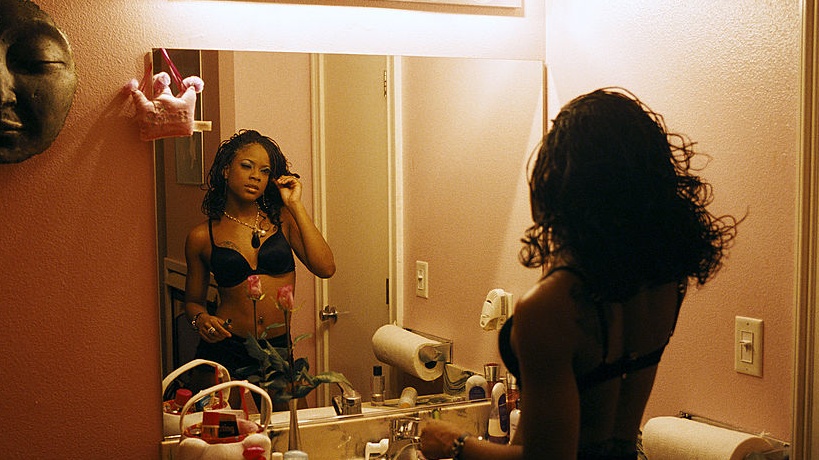Businesses and self-employed individuals within the legal sex industry aren't eligible for loans or grants from the Small Business Administration (SBA) following the passing of a milestone $2 trillion coronavirus relief bill.
A clause dating back to Bill Clinton's administration prohibits legal sex workers from receiving government aid. The clause states there are "puritanical" concerns with assisting the adult entertainment industry, HuffPost reported.
Specifically, on the Disaster Loan Assistance application, eligible businesses mustn't include performers of sexual acts, nor generate profits from displaying sexually explicit content and selling sexual merchandise. Subsequently, dancers, clubs, security, sellers of toys and producers and directors of pornography are left empty-handed by the relief bill.
"Applicant does not present live performances of a prurient sexual nature or derive directly or indirectly more than de minimis gross revenue through the sale of products or services, or the presentation of any depictions or displays, of a prurient sexual nature," the Eligible Entity Verification form states.
The relief bill does, however, provide sex workers financial assistance through the stimulus package in which most taxpaying adults are eligible to receive a check for $1,200.
In an interview with HuffPost, the founder of sex toy manufacturer OhMiBod, Suki Dunham, said that her business has been affected by the coronavirus. But prior to the outbreak, her company was rejected for an SBA loan more than a decade ago.
“We serve our community by employing people,” she said, adding OhMiBod laid off many of its employees because of the coronavirus. “We are sound employers offering our staff competitive salaries and benefits, such as health care. We are no different than any other small business out there.”
Andre Shakti, a sex worker who provides love, sex and relationship coaching, as well as classes and workshops on sexual acts, told HuffPost that 85% of her income has been lost due to the coronavirus.
“We need a compassionate acknowledgment of our work as legitimate labor,” Shakti said.
While she's worried about her own source of income, Shakti expressed concern for genderqueer sex workers of color who might be working in the streets.
Legal sex worker Sandi Benks told USA Today that her work as an independent contractor and concerns for her health forced her to leave the Love Ranch in Mound House.
“I had a gut feeling and I just packed up and left,” she said. “I bailed on it. I wasn’t comfortable. I knew nationally we weren’t supposed to be in groups over 10 and I was like this is a group over 10 – I’m outta here. I’m a stickler on that. I’d rather play safe than sorry.”
Nevada, a state infamously known for having legal sex workers and abundant nightlife, has seen an increase in unemployment of sex workers after many of the state's brothels and strip clubs were shut down, USA Today reported.

